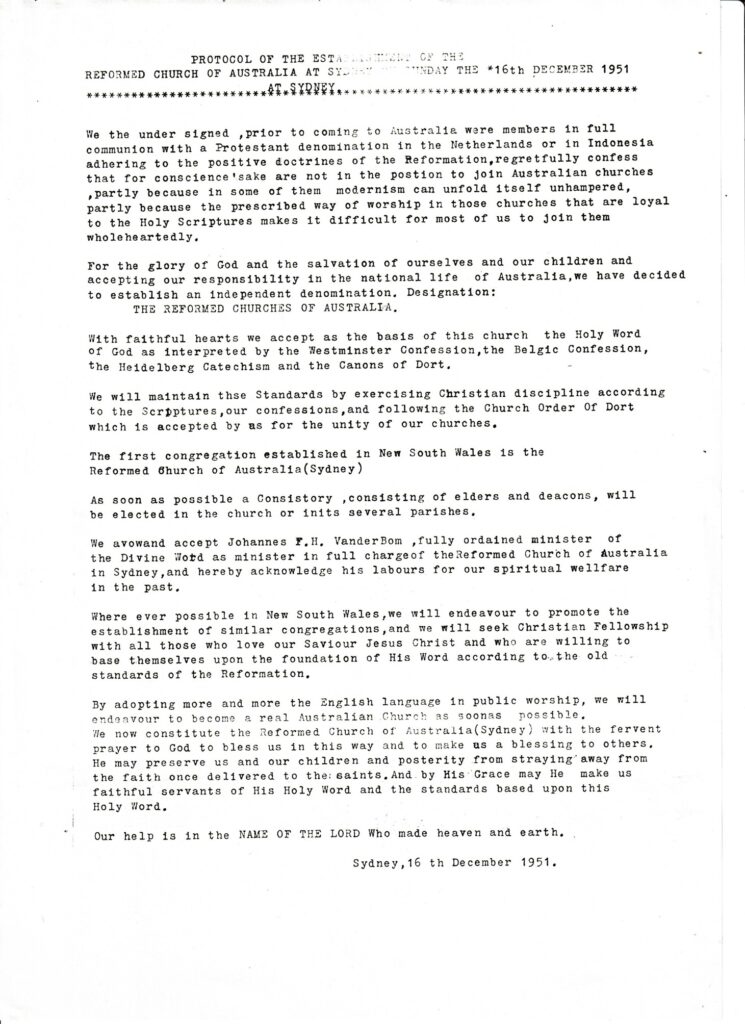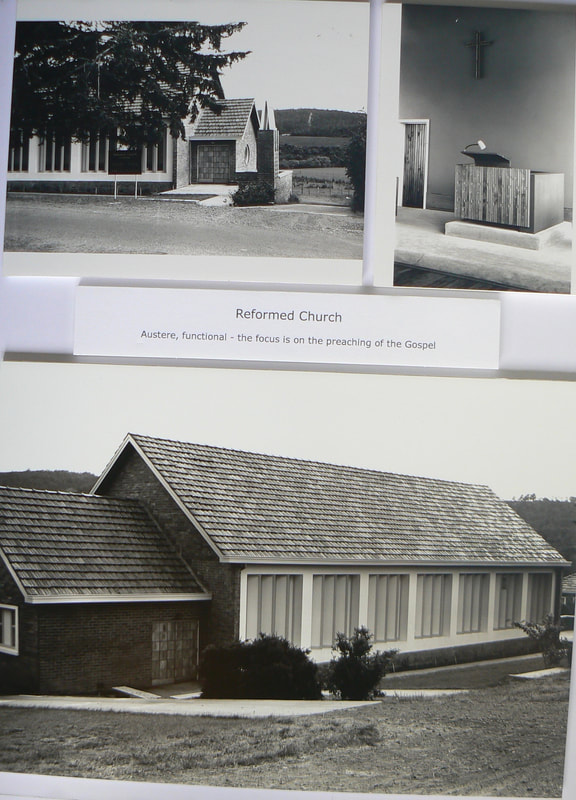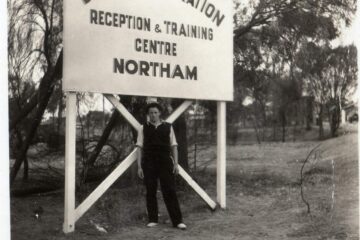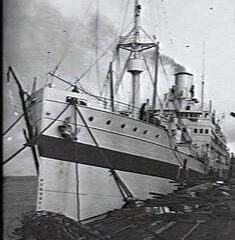The Reformed Church in Australia (RCA) has its roots in the Dutch Reformed Churches. These have their origin in the Protestant Reformation in the 16th century. These Churches became one of the dominant religious and cultural institutions in the Netherlands.
In the 1950s, Australia accepted hundreds of thousands of migrants, including many from the Netherlands. Some of these Dutch migrants were members of the Dutch Reformed Churches. The numbers are not known – the details of religious affiliation were recorded in the Netherlands, but have not yet been studied. Australia asked migrants a hundred questions, including race and nationality, but never, ever, asked about religion.
Initially the migrants were expected to join with local Protestant Churches. The Rev. Jan Kremer was sent to Australia to report on the churches here, particularly the Presbyterian Churches. They responded positively to the influx of migrants, and established some Dutch congregations with Dutch ministers.
Not all the Dutch Reformed were happy with the recommendations made by Kremer. There were many concerns – points of doctrine, youthwork, hymnody, smoking – differences between believers like differences between brothers and sisters.
The first Reformed Church in Australia was established in Penguin, Tasmania, in 1951. Sydney and Wollongong followed at the end of the year. A congregation was established in Kingston in 1952, with help from Penguin. Growth mushroomed, and they organised into the Reformed Churches of Australia (RCA). The moniker ‘Christian’ was added forty years later to clarify the name for non-members, so it is now the CRCA.
The Reformed Churches are sometimes referred to as the Dutch Reformed Church by non-members, perhaps reflecting the heritage of the members. However, the intention of the church has always been to be an Australian Church. This was achieved with difficulty, as the original members were comfortable in the Dutch language.
Some Dutch migrant groups in Canada maintained their worship practices in the Dutch language as this was seen as preserving the purity of their doctrines. In contrast, this never happened in Australia.
Reformed Churches focus on a reformational view of Biblical teaching, which embraces an all of life understanding. This is a Kingdom vision, meaning that care of old people, or of teaching children, or caring for refugees, etc, are all part of the calling a Christian responds to. In Kingston, for example, Reformed Church members (not the church) and Christians from other denominations established a parent-controlled Christian School, a Christian Homes for the Aged Association (open to all members of the community), Jireh House (a refuge for women) and Community Housing for refugees.
There are now (2020) approx. 60 CRCA congregations with approximately. 10,000 members spread all over Australia. Some of these churches are dominated by migrants from China, Samoa and South Africa.
Kees Wierenga
References:
Deenick J.W B.D Editor “A Church en Route: 40 years Reformed Churches if Australia”, Reformed Churches Publishing House, Geelong, 1991
Wierenga, K., “Shaping Kingston: The story of God’s children in Kingston especially focussing on the Reformed Church”, self published, Kingston, 2019
Website: https://crca.org.au
Protocol of the Sydney Reformed Church


See also: Reformed Theologian Rev. John Vanderbom


